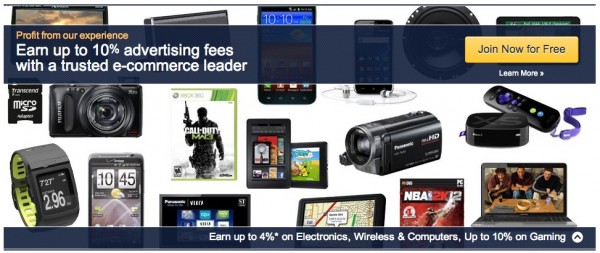
We've all been there. A late-night tweet, a questionable Facebook photo, a deeply held belief that was just offended.
I've decided to make my own list of stuff I won't share on Twitter, Facebook, Google+, or any social network. Most of these are things I would recommend that you avoid sharing, too. But I'll write this from my perspective.
1. Relationship problems
Whether I have a disagreement with my wife, breakup a relationship, or get angry at a friend, social networks are not good places to vent.
This is where I can struggle the most with passive-aggressiveness. I, for one, know that some people can really have a hard time not being passive-aggressive!
Instead of sharing my relationship problems with the world, I should talk directly to someone who can actually help. Even better, talk to the other person in the relationship and resolve the issue!
2. (Bad) stuff about clients, employers, or employees
If I share anything bad about business associates, it reveals bad things about my character. I would essentially be talking behind that person's back, and it's fully possible for them to find out.
I also need to think about how this looks to potential business associates. If I said bad stuff about other people I worked with, you may be concerned about what I'd say about you if we work together.
Sometimes, it may even be a good policy to say nothing about a full-time job or clients.
3. Location-revealing updates (rarely)
Yelp, Foursquare, Path, and many other apps can make sharing my location fun and sometimes rewarding. But I don't like telling the world that I'm not home.
I think it's okay to check-in and share special events. But you probably don't need to see every rest stop I visit in competition for the mayor of the porcelain throne.
4. Opinions on highly controversial moral or political issues
Remember passive-aggression? Highly controversial moral issues are more hot topics that can raise hate, hurt, and rarely help.
I think it's fine to discuss these things online, but I would only do it with a limited list of my friends whom I know will appreciate and intelligently discuss it.
I made this mistake big time before and it still hurts today.
5. Food
Sharing recipes is cool. Recommending places to eat can be cool. Posting a photo of my Centuple-Stuffed Oreo™ could also be interesting.
But photos of whatever I'm about to eat—since I'm not a food reviewer—is probably not interesting to almost anyone else.
6. Alcohol
This is definitely a personal choice and may not apply to you. Whether I drink alcohol is up to me. But I have chosen to never publicly endorse alcohol. I know I have minors and Christians of greatly varying beliefs following me.
I'm not saying alcohol is right or wrong, but I like the teachings of the Bible that says to not cause others to stumble because of what I may accept as freedoms.
7. Profanity
Another personal issue, but one that reflects on character and self-control.
I don't use profanity at all, and you'll never see me use it in an actual post. In the rare event that I share something with profanity in it, it has to be really good and I usually give a disclaimer.
I think the Bible is clear that Christians shouldn't use profanity, so I have chosen to not only limit my words, but also keep my attitude in check. (Sometimes the uncontrolled emotions are worse than the words themselves.)
Strong profanity can look bad to employers and potential employers. But maybe profanity is part of your edgy branding. So this is another thing that is really up to you.
8. Every reshare request
“Raise money for spotted puppy awareness!” “Please share this AMAZING thing from SkyMall!” “Please help unite the world around whirled peas!”
There are plenty of good causes to support. But I can't and won't give in to every request to share some cause or campaign. It's not that I don't care, but I just don't think it's something that fits my branding.
Yes, I do reshare quality stuff from others, regardless of whether they ask. If I know them well and they are personally asking me, then I'm more likely to fulfill the request in order to help them. But my social profile shouldn't look like the Foundation for Everything Campaign.
9. Only personally created content
Newsflash: social-networking is about being social. If I want to be social, I shouldn't always talk about myself and only share my stuff.
I often try to start or join conversations and reshare what others post. I'm regularly consuming great content from other people, and I try to share that with my audience.
I don't think it's always “spam” to share one's own stuff. There should be a balance.
10. “Follow Friday” (#FF) and other mention spam
“Follow Friday” was fun in the old days when very few people were on Twitter. Now, it's essentially spam. Have you followed anyone recently because of a #FF tweet?
If I really want to recommend that you follow someone else, the best way for me to do it is to write a quality message explaining why.
I also avoid and try to get out of mention-spam tweets with simple messages. For example, “Happy Monday! @Adam @Bob @Charlie @David @Erin @Frank @Gale @Harry @Irene @Jack @Kevin @Steve”
And for the love of everything beautiful in this world, please do not reply to these tweets by mentioning me and everyone! “@Matt Thanks! @Adam @Bob @Charlie @David @Erin @Frank @Gale @Harry @Irene @Jack @Kevin @Steve”
These are ten personal rules for what not to share on social networks. I know you may disagree with some of my own rules, so tell me why and share your own rules for what you will or won't post online.
